In today's fast-paced educational environment, students are constantly seeking innovative ways to enhance learning and develop effective study habits. One approach that has gained considerable attention is the use of mind mapping techniques. These creative study methods are particularly beneficial for improving study habits by providing a visual learning technique that helps organize study materials and boost memory retention. Mind mapping for students is not just about drawing diagrams; it's a comprehensive strategy that can transform how students approach their studies.
By integrating mind mapping strategies into their routine, students can experience a significant improvement in their study skills. This technique encourages a more organized and structured way of thinking, making it easier to retain information and prepare for exams. Mind map study tips offer a unique advantage by breaking down complex topics into manageable, visually appealing segments that are easier to understand and remember. This approach not only helps in organizing thoughts but also fosters creative thinking and problem-solving skills, which are essential for academic success.
Moreover, mind mapping benefits extend beyond just enhancing memory. They are invaluable tools for exam preparation, enabling students to visualize and connect key concepts effortlessly. The visual aspect of mind maps appeals to different learning styles, making them an ideal choice for students who struggle with traditional study techniques. By adopting mind mapping techniques, students can create personalized study guides that cater to their specific needs and preferences, leading to more effective study habits.
For those looking to boost their academic performance, incorporating mind mapping into their study regimen offers a fresh perspective on how to tackle academic challenges. As we delve deeper into the main content, we will explore how these techniques can be effectively implemented and the remarkable impact they can have on a student's educational journey. Join us as we unlock the potential of mind maps in transforming study habits and paving the way for academic excellence.
In today's dynamic educational landscape, where the demand for effective study habits is higher than ever, mind mapping techniques stand out as a powerful tool for students aiming to enhance learning and boost memory retention. Integrating mind mapping into study routines not only facilitates a more organized approach to learning but also fosters creativity and problem-solving skills essential for academic success. This section delves into how mind mapping can be leveraged to improve study habits and provides recent insights and methodologies relevant in 2024.
Enhancing Study Habits with Mind Mapping Techniques
Recent developments in mind mapping have introduced the GRINDE framework, a six-step methodology that enhances the effectiveness of mind maps. This framework emphasizes Grouping, Relational, Interconnected, Nonverbal, Directional, and Emphasized elements, providing a comprehensive strategy for creating impactful mind maps.
- Grouping: Organize information into logical clusters, making it easier to understand and recall.
- Relational: Establish connections between different concepts to enhance comprehension.
- Interconnected: Integrate various topics to create a holistic understanding of the subject matter.
- Nonverbal: Utilize symbols and images to reinforce memory through visual learning techniques.
- Directional: Use arrows and lines to indicate relationships and flow between ideas.
- Emphasized: Highlight key points to draw attention to critical information.
Mind mapping's versatility makes it suitable for various academic scenarios. Whether it's preparing for exams or organizing study materials, these visual learning techniques offer unique advantages:
1. Exam Preparation: Mind maps enable students to visualize complex topics, making them easier to digest and remember. By breaking down subjects into manageable segments, students can focus on understanding rather than rote memorization.
2. Research Projects: When conducting research, mind maps can help organize information from diverse sources, allowing students to see connections between different pieces of data.
3. Creative Study Methods: By encouraging students to think creatively, mind maps can lead to innovative solutions and insights that might not emerge through traditional study techniques.
Mind Mapping and Cognitive Science: Boosting Memory Retention
The science behind mind mapping underscores its potential in boosting memory retention. Structured processes like mind mapping can improve learning efficiency by up to 40%. The visual nature of mind maps appeals to diverse learning styles, making them particularly beneficial for students who struggle with conventional study methods.
Moreover, integrating nonverbal elements such as images and symbols can activate different areas of the brain, reinforcing neural pathways associated with memory. This multisensory approach not only enhances memory but also supports a deeper understanding of complex concepts.
While mind mapping offers numerous benefits, students may encounter challenges when first adopting this technique. Here are some tips to ensure successful implementation:
- Start Simple: Begin with straightforward topics before tackling more complex subjects.
- Use Technology Wisely: Leverage digital tools that facilitate easy creation and modification of mind maps.
- Seek Feedback: Share your mind maps with peers or instructors for constructive criticism and improvement suggestions.
Case Study: Transforming Academic Performance through Mind Mapping
Consider the case of a university student who struggled with retaining information during lectures. By integrating mind mapping strategies into their study routine, the student experienced a dramatic improvement in both comprehension and exam performance. This transformation was largely attributed to the structured organization of study materials and the ability to visualize relationships between key concepts.
This case exemplifies how mind mapping can be a game-changer for students seeking to develop effective study habits. By personalizing their approach, students can cater to their specific needs and preferences, ultimately leading to academic excellence.
For those interested in further enhancing their study skills improvement through mind mapping, engaging with online communities and forums can be invaluable. These platforms offer a wealth of resources, including tutorials, case studies, and peer support.
By sharing experiences and learning from others who have successfully adopted mind mapping techniques, students can gain new perspectives and insights that contribute to their educational journey.
Engaging with Mind Mapping Communities
Mind mapping stands out as a transformative tool for students aiming to enhance their study habits and academic performance. By integrating mind mapping into daily learning routines, students can significantly improve their memory retention and problem-solving skills.
Here are some key takeaways:
- Structured Methodology: The GRINDE framework offers a systematic approach to creating effective mind maps by focusing on Grouping, Relational, Interconnected, Nonverbal, Directional, and Emphasized elements.
- Practical Applications: Mind maps prove versatile across various academic tasks, from exam preparation to organizing research projects, enabling students to better visualize and comprehend complex information.
- Cognitive Benefits: By engaging multiple learning styles, mind mapping enhances memory retention and understanding through the use of visual elements like symbols and images.
- Overcoming Challenges: Starting with simple topics, utilizing digital tools, and seeking feedback can help students successfully adopt mind mapping techniques.
- Community Engagement: Participating in online communities can provide valuable resources and peer support, facilitating the exchange of ideas and experiences.
As students continue their educational journey, embracing mind mapping as a core component of their study toolkit can lead to academic excellence and lifelong learning. This approach not only aids in organizing information but also fosters critical thinking and creativity.
We invite you to share your experiences with mind mapping and explore how it has impacted your study habits. Join the conversation and exchange insights with fellow learners. Let's continue to innovate our approaches to learning and achieve new heights in education.


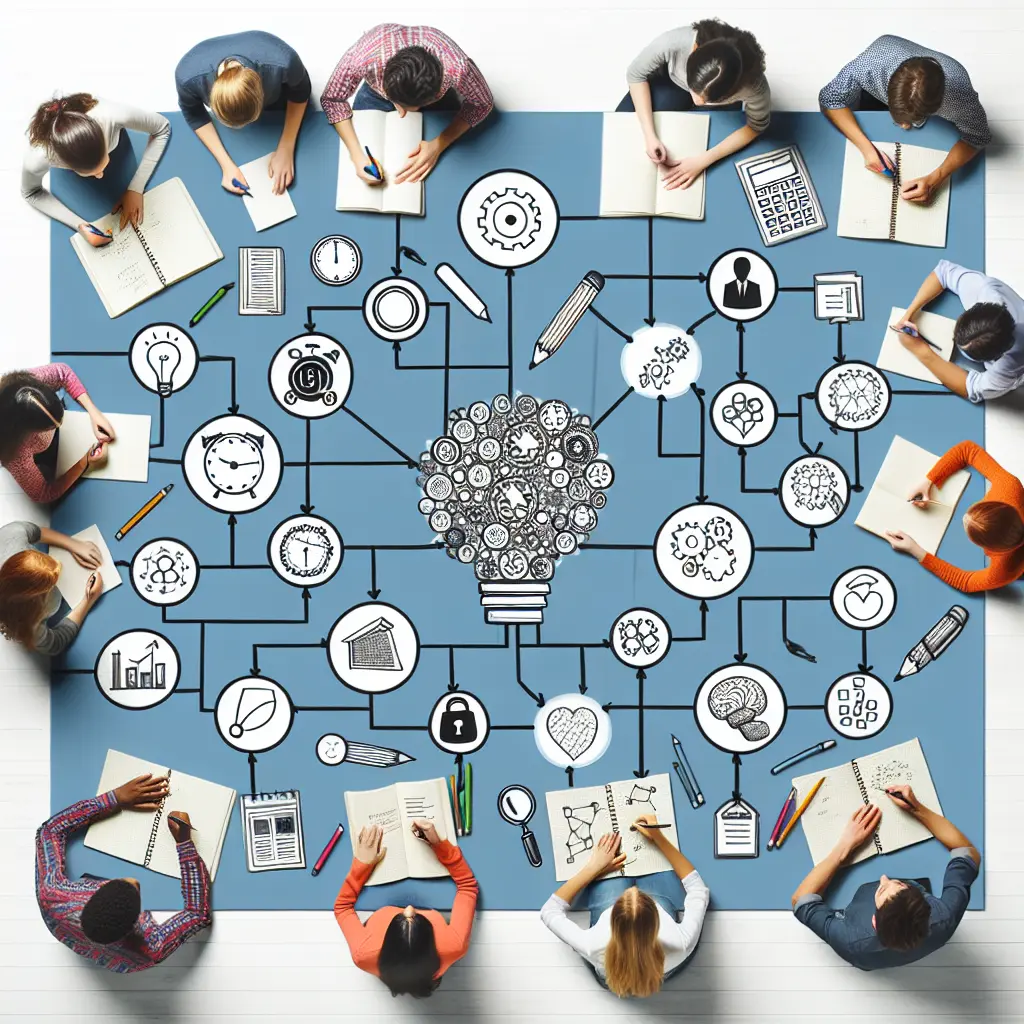

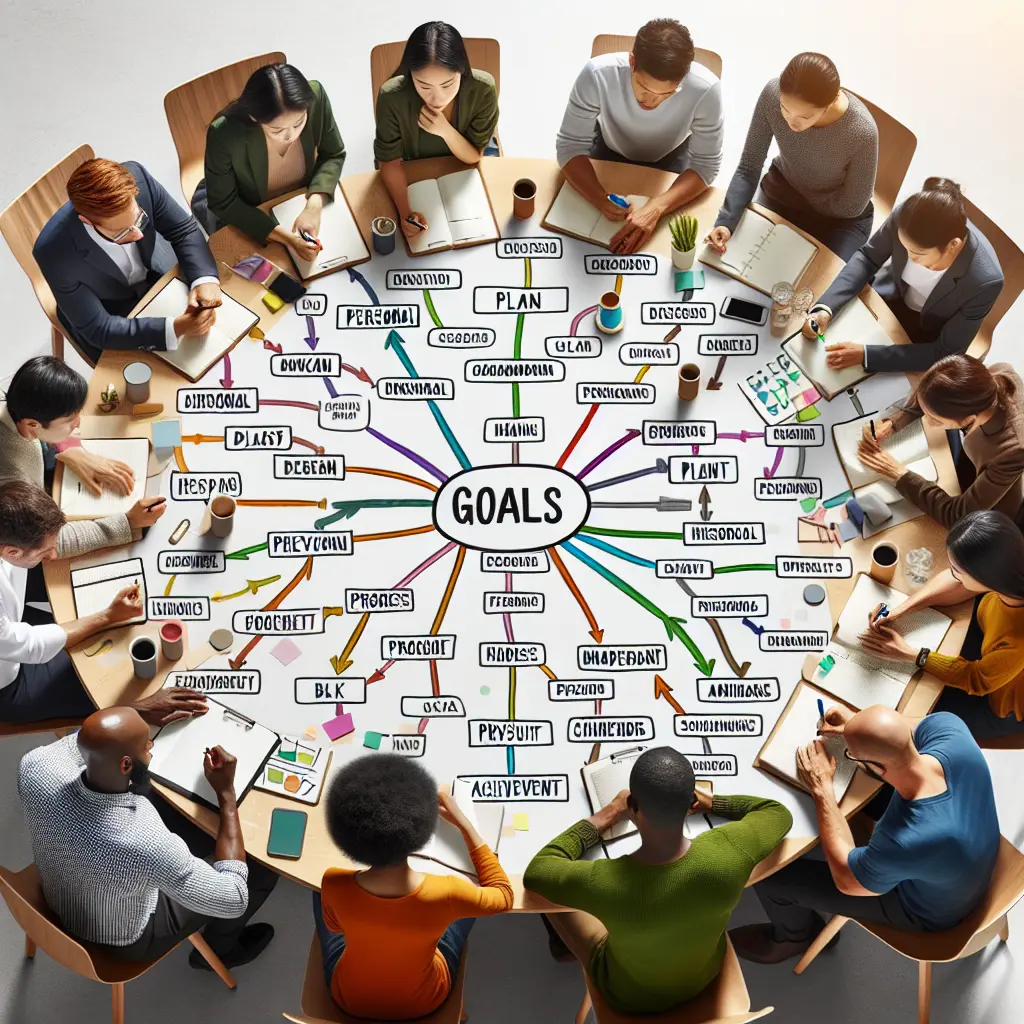


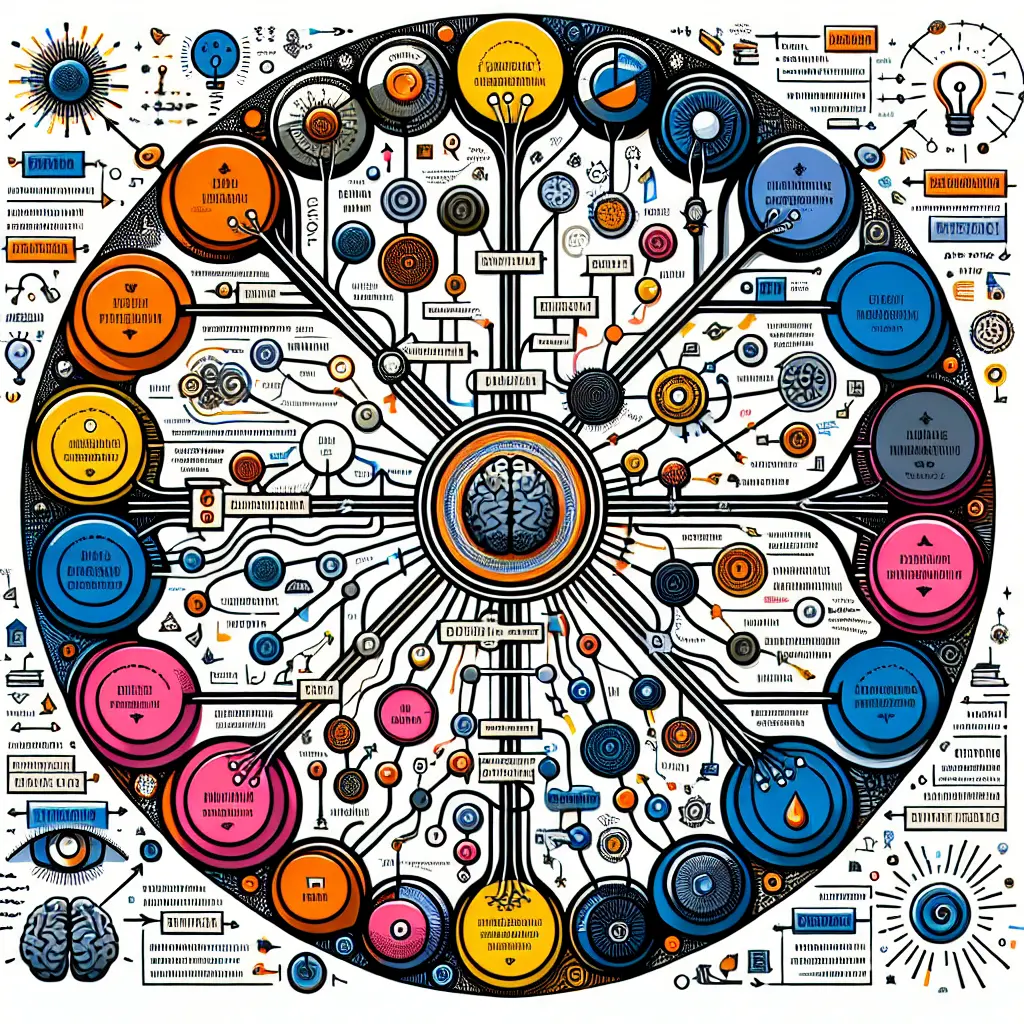
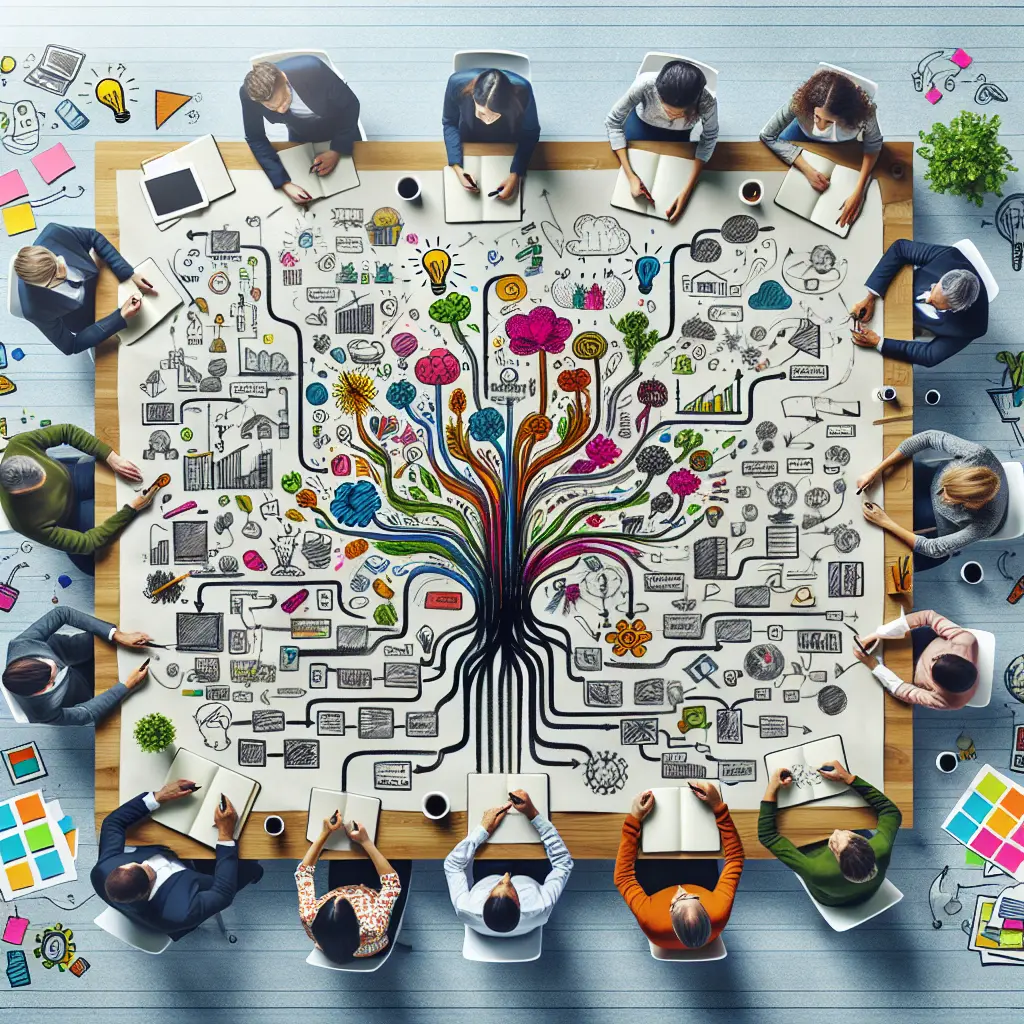
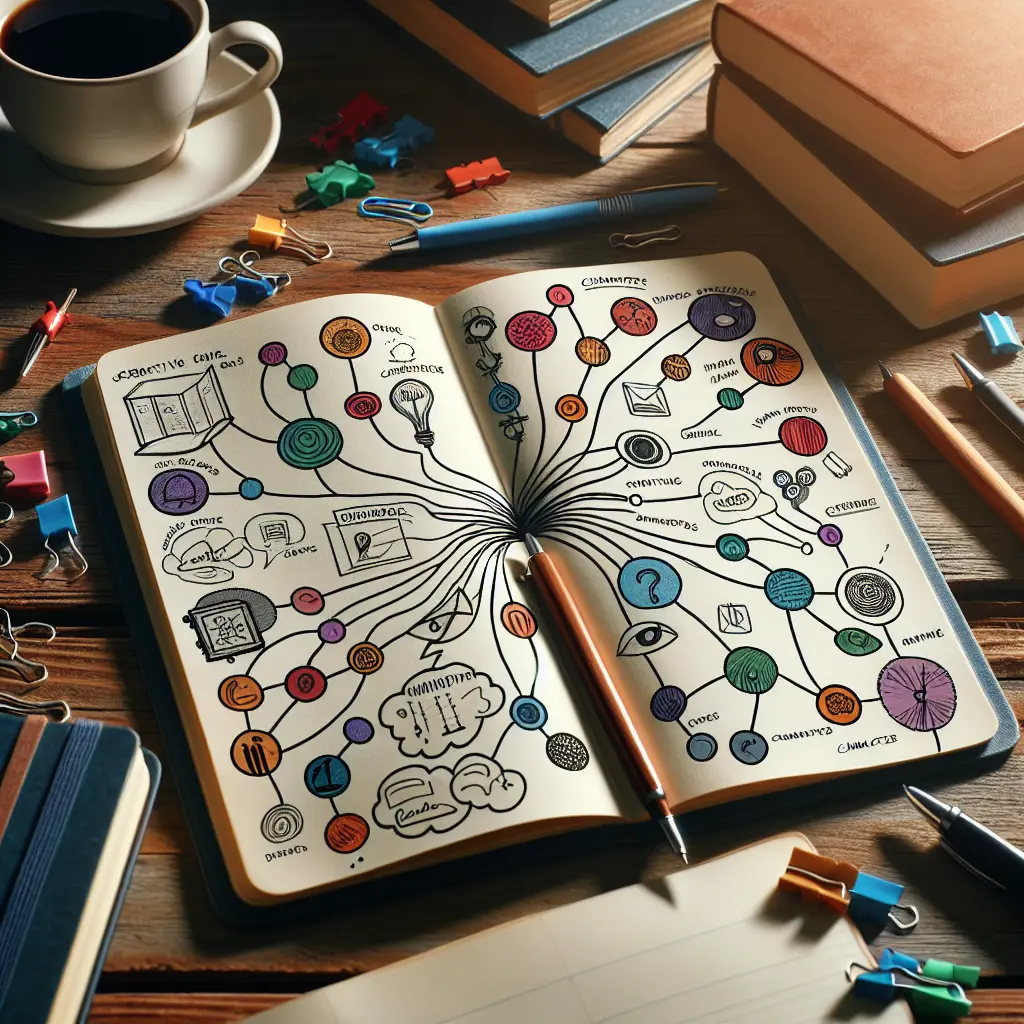
Leave a Comment